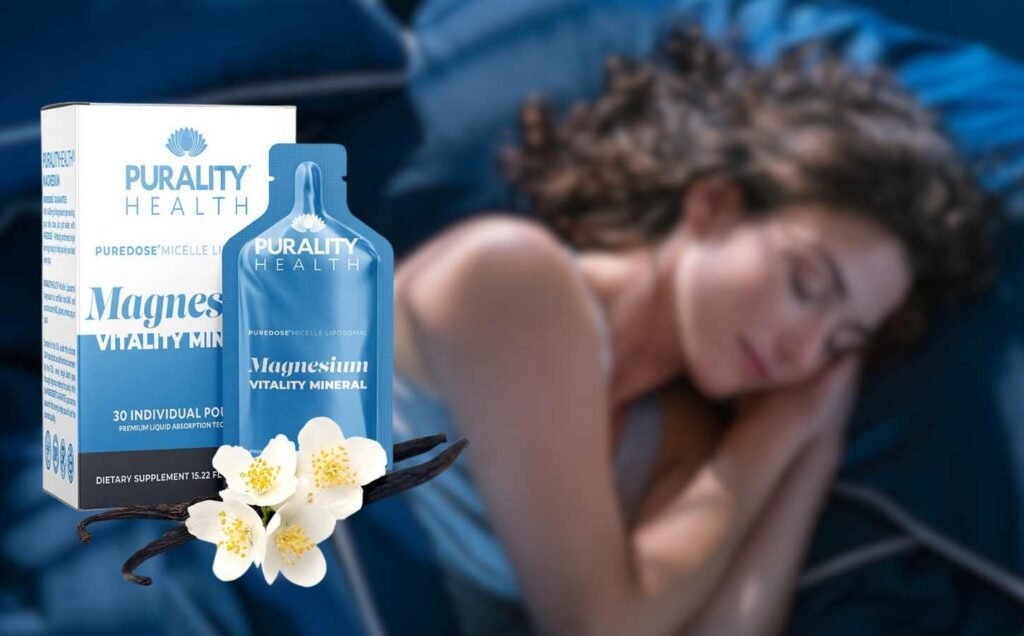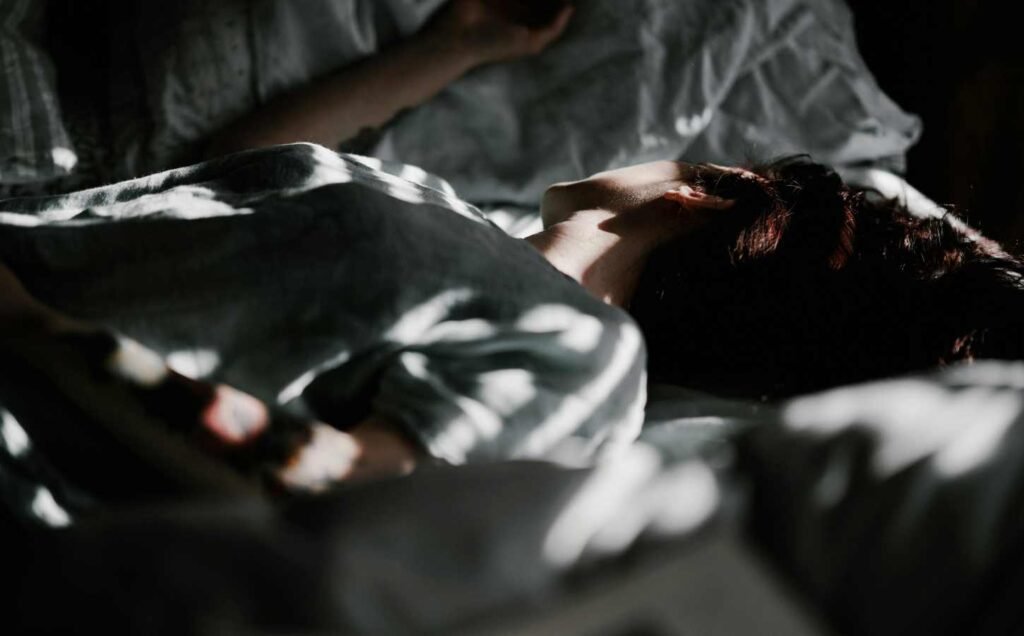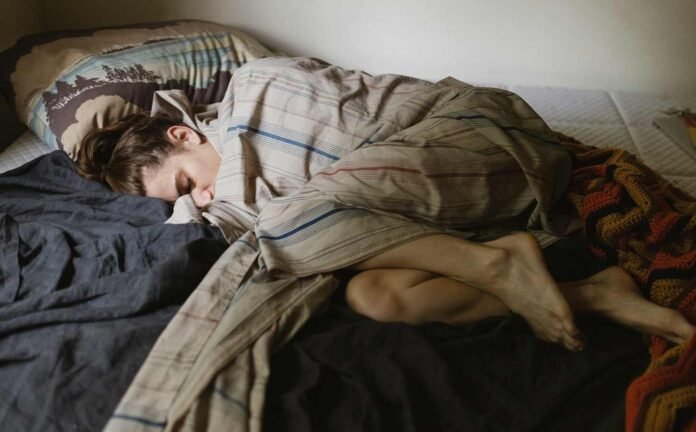The COVID-19 pandemic has brought unprecedented changes to our daily lives, affecting everything from our social interactions to our mental health.
One of the most pervasive yet often overlooked consequences of the pandemic is its impact on sleep. Dubbed “Coronasomnia,” the phenomenon of increased sleep disturbances due to pandemic-related stress has become a significant concern for health professionals and individuals alike.
Understanding Coronasomnia
Coronasomnia refers to the spike in sleep problems directly linked to the stress and anxiety caused by the COVID-19 pandemic. The term combines “Corona” from the coronavirus and “somnia” from insomnia, highlighting the direct relationship between the two. This condition encompasses various sleep issues, including difficulty falling asleep, staying asleep, or experiencing non-restorative sleep.
The Impact of Pandemic Stress on Sleep
The pandemic has introduced a multitude of stressors, each contributing to the disruption of normal sleep patterns. These stressors include:
- Health Anxiety: Fear of contracting the virus and concerns about the health of loved ones have heightened anxiety levels, making it difficult for many to relax and fall asleep.
- Economic Uncertainty: Job losses, financial instability, and concerns about the future have increased stress, leading to sleep disturbances.
- Social Isolation: Lockdowns and social distancing measures have led to feelings of loneliness and isolation, which can negatively impact mental health and sleep quality.
- Routine Disruption: Changes in daily routines, including shifts to remote work or schooling, have disrupted normal sleep schedules and contributed to irregular sleep patterns.
- Increased Screen Time: Greater reliance on digital devices for work, education, and entertainment has led to increased screen time, which can interfere with the body’s natural sleep-wake cycle due to blue light exposure.
Research Findings on Coronasomnia
A comprehensive study published in the Nature and Science of Sleep journal sheds light on the prevalence and nature of sleep problems during the pandemic. The research highlights several key findings:
- Prevalence: A significant increase in the prevalence of insomnia and other sleep disorders has been observed since the onset of the pandemic. Many individuals who previously had no sleep issues have reported new or worsening sleep problems.
- Mental Health Correlation: There is a strong correlation between mental health issues, such as anxiety and depression, and the incidence of sleep disturbances. Individuals experiencing high levels of pandemic-related stress are more likely to suffer from Coronasomnia.
- Population Differences: Certain populations, including healthcare workers, individuals with pre-existing mental health conditions, and those affected by significant life changes, are particularly vulnerable to sleep problems during the pandemic.
- Long-Term Effects: The study suggests that the sleep disturbances caused by pandemic stress may have long-term implications, potentially leading to chronic insomnia and other health issues if not addressed.
Coping with Coronasomnia
Addressing Coronasomnia requires a multifaceted approach that includes lifestyle changes, stress management techniques, and professional help when necessary. Here are some strategies to improve sleep during these challenging times:
- Maintain a Routine: Establish a consistent daily schedule, including regular sleep and wake times, to help regulate your body’s internal clock.
- Create a Sleep-Conducive Environment: Make your bedroom a comfortable and relaxing space, free from distractions such as electronic devices and excessive noise.
- Limit Screen Time: Reduce exposure to screens, especially before bedtime, to minimize the impact of blue light on your sleep cycle.
- Practice Relaxation Techniques: Engage in activities that promote relaxation, such as meditation, deep breathing exercises, or gentle yoga, to reduce stress and anxiety.
- Seek Professional Help: If sleep problems persist, consider consulting a healthcare professional or a sleep specialist for guidance and treatment options.
Conclusion
Coronasomnia is a significant issue that has emerged in the wake of the COVID-19 pandemic, affecting millions of people worldwide. Understanding the relationship between pandemic stress and sleep problems is crucial for developing effective coping strategies. By addressing the underlying stressors and adopting healthy sleep habits, individuals can mitigate the impact of Coronasomnia and improve their overall well-being.
For more detailed insights and research findings on Coronasomnia, you can refer to the full article published in the Nature and Science of Sleep journal here.
PUREDOSE Micelle Liposomal Magnesium: Unlock Vitality and Restful Sleep – Review

Crafted by wellness experts, PUREDOSE Micelle Liposomal Magnesium rejuvenates your vitality by replenishing magnesium levels. With its innovative liposomal delivery system, it ensures optimal absorption for maximum benefits. This essential mineral, vital for over 300 body functions, not only boosts energy and relaxes muscles but also plays a crucial role in promoting restful sleep.
Cut to the chase, go straight to their website: PUREDOSE® Micelle Liposomal Magnesium or read our review here: Unlock Vitality and Restful Sleep
Improve Sleep Duration and Quality with Progressive Muscle Relaxation for Sleep

Having trouble getting a good night’s sleep? You’re not alone! With all the stress and chaos of daily life, achieving peaceful slumber can be quite a challenge.
But here’s a little secret: progressive muscle relaxation (PMR) can work wonders for your sleep. This simple technique helps you fall asleep faster and enjoy deeper, more refreshing rest.
Want to learn more? Let’s explore how PMR can become your ultimate bedtime game-changer.




